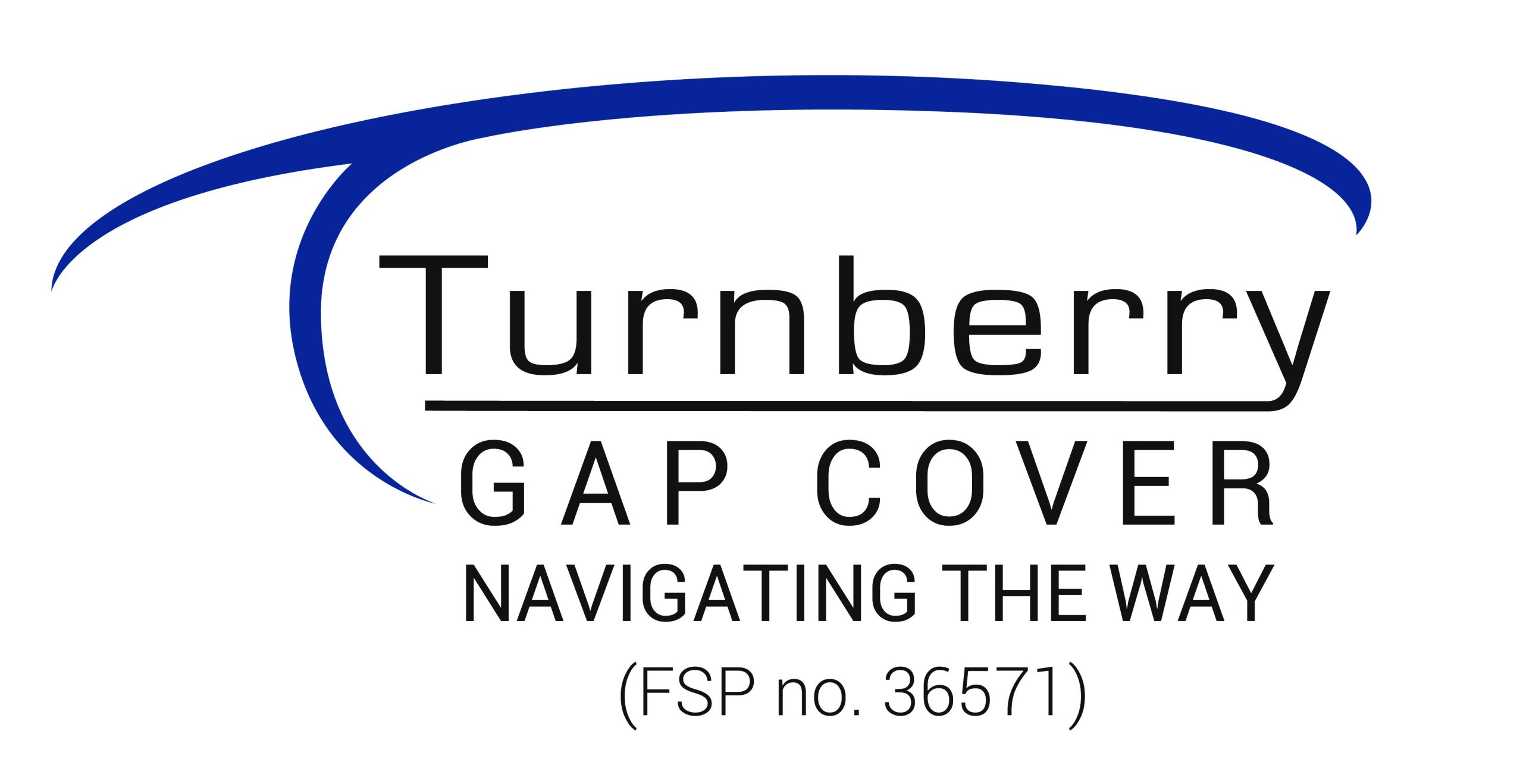Many South African employers offer medical aid as part of employee benefit packages, as medical aid is essential to enabling access to private healthcare.

However, depending on the medical scheme and the level of cover of specific plans, if employees should fall seriously ill or have an accident, they might be liable to pay significant medical expense shortfalls. This is where gap cover is critical. Group gap cover offers employees access to affordable gap cover at preferential rates, often without waiting periods, which could save not just their health, but their financial wellbeing as well.
“With medical costs increasing year on year, the likelihood of having to cover a shortfall in payment of medical expenses increases, even without serious illness or accidents. This possibility of such an out-of-pocket expense may discourage employees from seeking medical assistance when they need it, and when getting medical attention becomes unavoidable, it could become a source of significant stress,” says Tony Singleton, CEO at Turnberry.
Gap cover will provide cover for medical expense shortfalls, co-payments, sub-limits, and other medical bills, as well as benefits like trauma counselling and additional cancer cover, depending on the plan. When a life-threatening illness or accident strikes, this cover is often the difference between having potentially crippling debt and being able to recover with the peace of mind that bills will be taken care of.
Andrew Appelgryn, a member of his company’s group gap cover with Turnberry, realised the true value of his employee benefit when he suffered a heart attack while at work. He was transferred from hospital to hospital, eventually ending up in an out-of-network hospital in Durban, where he underwent quintuple bypass surgery and spent almost two weeks in the Intensive Care Unit (ICU). He was attended by four different doctors, including a surgeon, an anaesthetist, and a cardiologist, as well as physiotherapy while he was in hospital.
“The recovery was long and difficult, and the last thing on your mind while this is happening is paying for any of it. When I started to receive the bills, I was not sure how I was going to pay for any of them. The shortfalls from the cardiothoracic surgeon were almost R100,000 and from the anaesthetist around R62,000. My employer then reminded me that I had gap cover and helped me to submit my claims,” he says.
“I would highly recommend to anyone who has medical aid to also take out gap cover, because there can be large shortfalls. You never know what is going to happen, and when it does, it is too late. Without gap cover from Turnberry I would have been in deep trouble – I would have gotten my life back only to be in massive debt,” he adds.
Employers who are serious about the health and wellbeing of their employees should strongly consider adding gap cover into the basket of benefits. It is a cost-effective way of bolstering medical aid cover and reducing out-of-pocket expenses resulting from shortfalls, which could save employees from huge amounts of stress, debt and financial stress.
Contact – Mel Kruuse – Corporate Liaison
